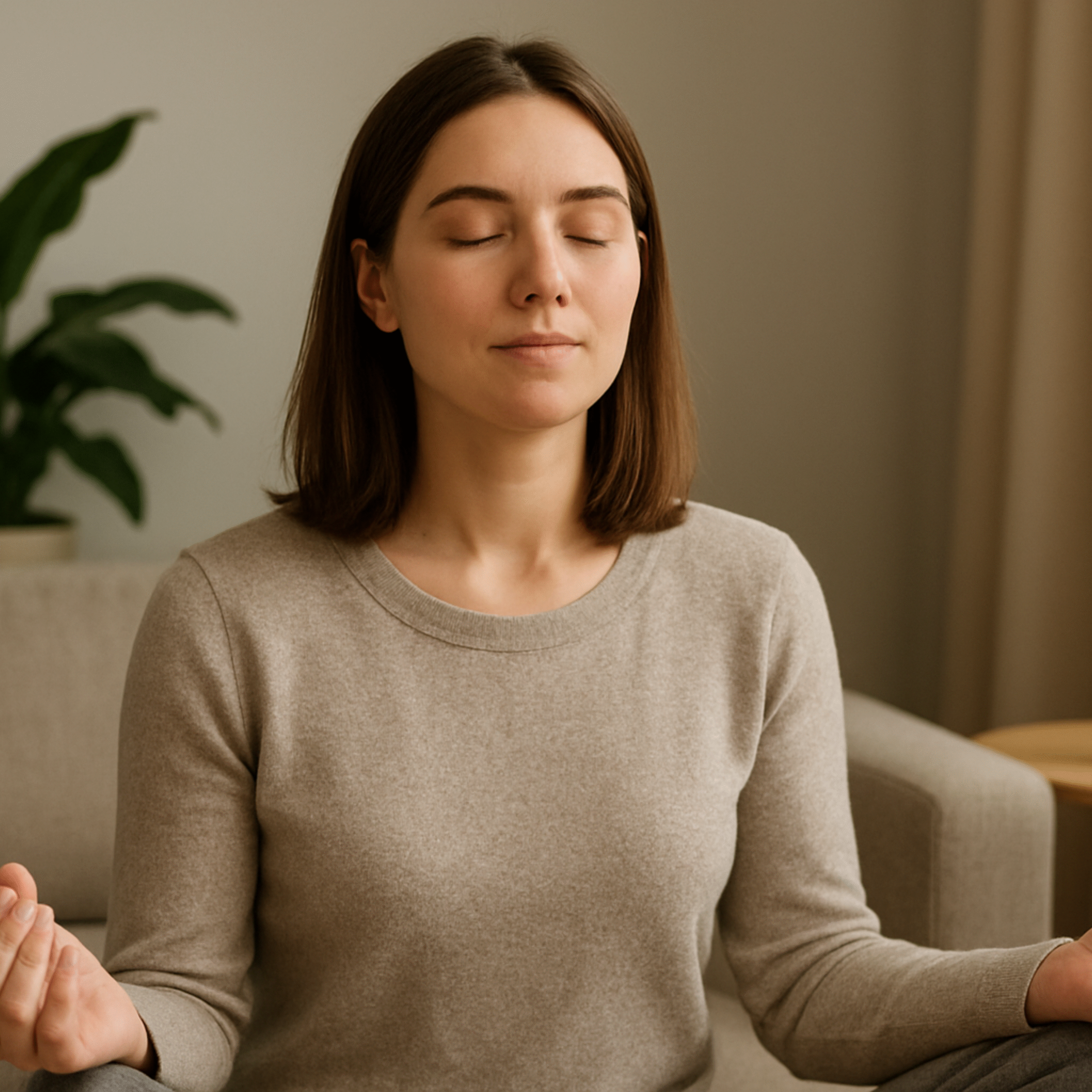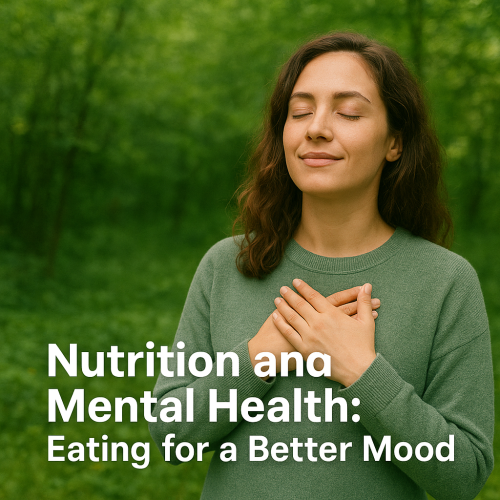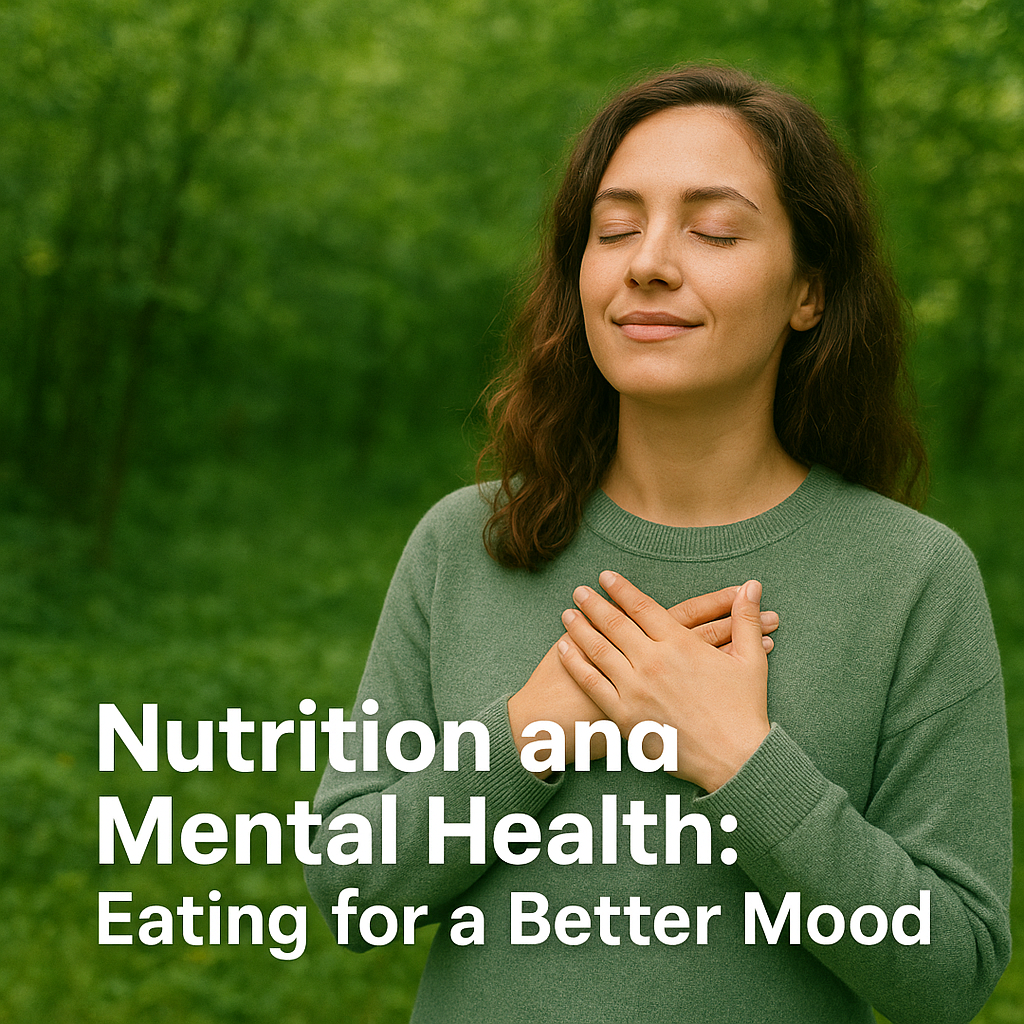Meditation is one of the most powerful practices to improve mental well-being. In today’s fast-paced world filled with noise, stress, and constant distractions, the ability to pause, breathe, and reconnect with yourself can make a tremendous difference. Scientific studies show that meditation lowers stress hormones, improves focus, enhances emotional resilience, and even benefits physical health.
Meditation is not about completely emptying the mind; it is about cultivating awareness, calmness, and presence in the moment. With consistent practice, it becomes a tool for navigating challenges with greater ease.
The Mental Benefits of Meditation
Meditation influences the brain in profound ways. Here are some of the key benefits:
- Reduces stress and anxiety. Mindful breathing lowers cortisol, the stress hormone.
- Improves focus and clarity. Meditation strengthens attention span and helps manage distractions.
- Supports emotional balance. Regular practice reduces overthinking and helps regulate emotions.
- Encourages self-awareness. Observing thoughts without judgment improves self-understanding.
- Boosts resilience. Meditation helps you respond calmly to difficult situations.
Even short daily sessions bring measurable changes in mood and mindset.
Different Meditation Styles
There are many approaches to meditation, and the best one is the one you feel comfortable practicing.
- Mindfulness meditation. Focuses on being present in the moment, observing thoughts without judgment.
- Breath awareness meditation. Involves concentrating on your breathing to calm the mind.
- Body scan meditation. Increases awareness of physical sensations and helps release tension.
- Loving-kindness meditation. Encourages compassion toward yourself and others.
- Guided meditation. Audio sessions with instructions to lead you through the practice.
Exploring different types helps you find the style that resonates most.
How to Start Meditating
Getting started doesn’t require special equipment or hours of time.
- Find a quiet space. Sit somewhere comfortable where you won’t be disturbed.
- Set a timer. Start with 5 to 10 minutes and gradually increase.
- Focus on your breath. Pay attention to the sensation of air moving in and out.
- Observe thoughts. Don’t try to stop them; simply notice and return focus to the breath.
- Be consistent. Daily practice, even if short, is more effective than long but irregular sessions.
The key is patience. Results may not be immediate, but consistency leads to transformation.
Building a Meditation Routine
Making meditation part of your lifestyle ensures lasting benefits.
- Choose a regular time. Mornings or evenings are ideal for consistency.
- Create a ritual. Light a candle, use calming music, or sit in the same spot daily.
- Pair with other habits. Meditate after brushing your teeth or before bed to make it automatic.
- Track progress. Use apps or journals to stay motivated.
- Stay flexible. If one style doesn’t feel right, explore another.
A consistent routine transforms meditation into a natural and enjoyable habit.
Common Challenges and How to Overcome Them
Many beginners face similar difficulties. Here’s how to handle them:
- “I can’t stop thinking.” Meditation isn’t about stopping thoughts, but learning not to engage with them.
- “I don’t have time.” Even two minutes a day is better than none—start small.
- “I get restless.” Try guided meditations or movement-based mindfulness like walking meditation.
- “I fall asleep.” Sit upright instead of lying down to maintain alertness.
Remember: meditation is a practice, not perfection. Every session has value.
Incorporating Meditation into Daily Life
You don’t always need a formal session—moments of mindfulness can be woven throughout your day.
- Pause and take three deep breaths before answering a message.
- Practice mindful eating by fully savoring each bite.
- Take short breaks at work to reset your focus.
- Use commuting time as an opportunity for breathing exercises.
When meditation becomes a lifestyle, stress decreases and balance increases.
Final Thoughts: A Path to Inner Peace
Meditation is more than a relaxation technique—it is a path to greater awareness, peace, and resilience. By starting small and practicing consistently, you can transform your mental wellness, reduce stress, and build emotional strength.
The beauty of meditation lies in its simplicity: just you, your breath, and the present moment. With time, you’ll discover that inner calm is always within reach.








